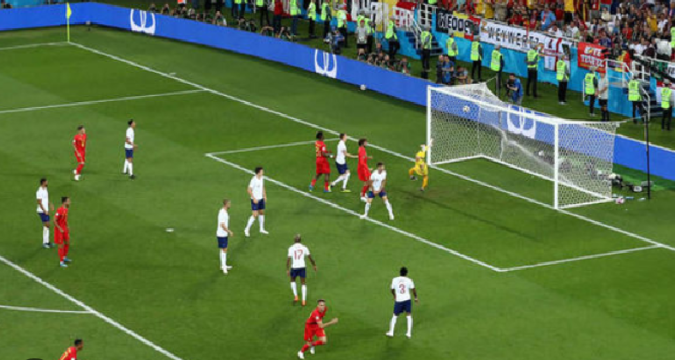
Football, often referred to as the beautiful game, has grown into a global phenomenon. Its stars, professional football players, are not only celebrated for their on-field prowess but also for their significant earning potential off the field. While their salaries and match bonuses from clubs are substantial, a considerable portion of their income comes from sponsorship deals. These endorsements often outpace their playing salaries, providing a lucrative stream of revenue. This article delves into how professional football players capitalize on their fame through sponsorships and make millions.
The Power of the Football Brand
At the heart of sponsorship deals is the power of the football brand. Their reach extends far beyond the football pitch, influencing millions of fans worldwide. Companies recognize this influence and are willing to invest heavily in aligning their products with these athletes. Brands aim to leverage the players’ popularity to boost their own visibility and sales, creating a mutually beneficial relationship.
Types of Sponsorship Deals
1. Apparel and Equipment Endorsements
One of the most common types of sponsorship deals for football players is with sports apparel and equipment companies. Brands like Nike, Adidas, Puma, and Under Armour compete fiercely to sign top players. These deals often include not just wearing their gear during matches but also appearing in advertisements and promotional campaigns. For instance, Cristiano Ronaldo’s lifetime deal with Nike is reported to be worth over $1 billion, reflecting the immense value such endorsements can hold.
2. Consumer Goods and Services
Beyond sportswear, football players endorse a wide range of consumer goods and services. From beverages to electronics, personal care products to automobiles, these endorsements can be incredibly lucrative. Lionel Messi, for example, has deals with companies like Pepsi, Huawei, and Gatorade. These partnerships often involve multi-faceted promotional activities, including TV commercials, social media campaigns, and public appearances.
3. Luxury Brands
High-end fashion and luxury brands also seek out football stars for endorsements. These brands see footballers as trendsetters who can help shape consumer preferences. David Beckham, a pioneer in football endorsements, has had partnerships with brands like Armani, Breitling, and H&M. His collaborations have helped bridge the gap between sports and fashion, highlighting the broad appeal of football stars.
4. Digital and Social Media
In the age of social media, football players have direct access to millions of followers. Players like Neymar Jr. and Paul Pogba have monetized their social media presence by promoting products and brands through posts, stories, and sponsored content. This form of endorsement is particularly effective as it feels more personal and direct to fans.
The Negotiation Process
Securing a sponsorship deal is a complex process involving agents, marketing experts, and legal teams. Players’ agents play a crucial role in negotiating terms that maximize their clients’ financial gain while ensuring brand alignment. These negotiations cover various aspects, including the duration of the contract, financial compensation, performance bonuses, and image rights. Players with a strong market appeal can command higher fees and more favorable terms.
The Impact of Performance and Public Image
A player’s on-field performance significantly impacts their marketability and, consequently, their sponsorship deals. Consistent high-level performances, awards, and recognition enhance a player’s brand value. Conversely, controversies or a decline in performance can adversely affect their endorsement deals. Companies prefer to associate their brands with players who embody positive traits such as professionalism, reliability, and charisma.
Long-term Financial Security
For many football players, sponsorship deals provide long-term financial security. The average career span of a professional footballer is relatively short, typically lasting around 15 years. Sponsorship deals ensure that players can maintain their lifestyle and financial stability even after retirement. Players like Beckham and Ronaldo have successfully transitioned into post-retirement business ventures, leveraging their brand power built through years of endorsements.
The Broader Economic Impact
The economic impact of football sponsorship extends beyond the players themselves. It fuels the growth of the sports marketing industry, creating jobs and opportunities for various stakeholders, including marketers, advertisers, and event organizers. Furthermore, it boosts the global economy by driving sales and consumer engagement across different sectors.
From the field to the payday, sponsorship deals play a pivotal role in the financial success of professional football players. These deals reflect the symbiotic relationship between players and brands, where both parties benefit from each other’s market value. As football continues to grow in popularity, the scope and scale of these endorsements are set to expand, ensuring that the stars of the beautiful game continue to shine brightly both on and off the pitch.